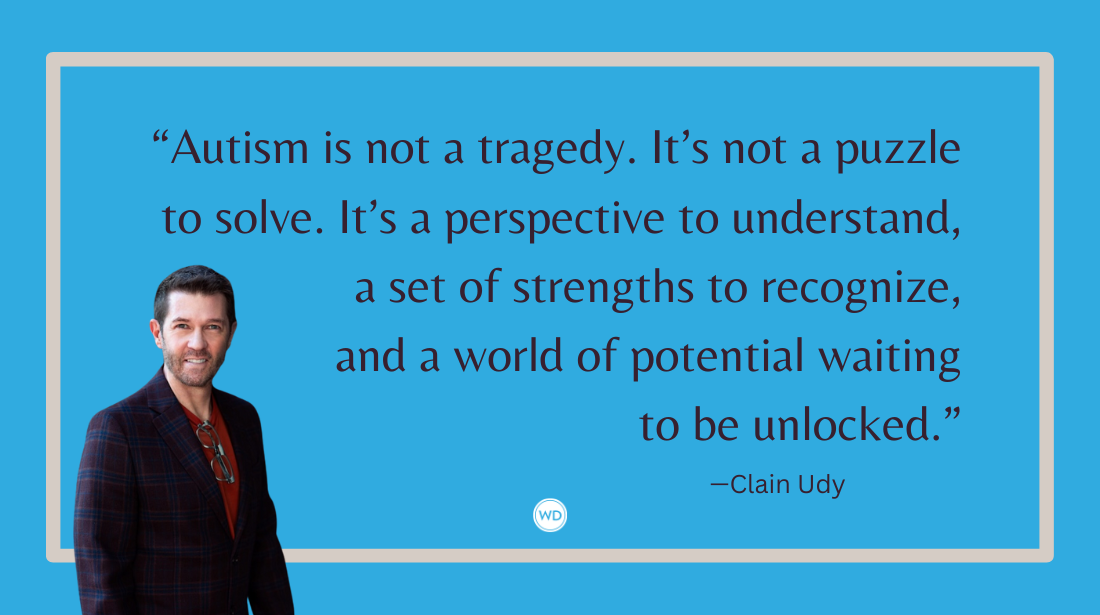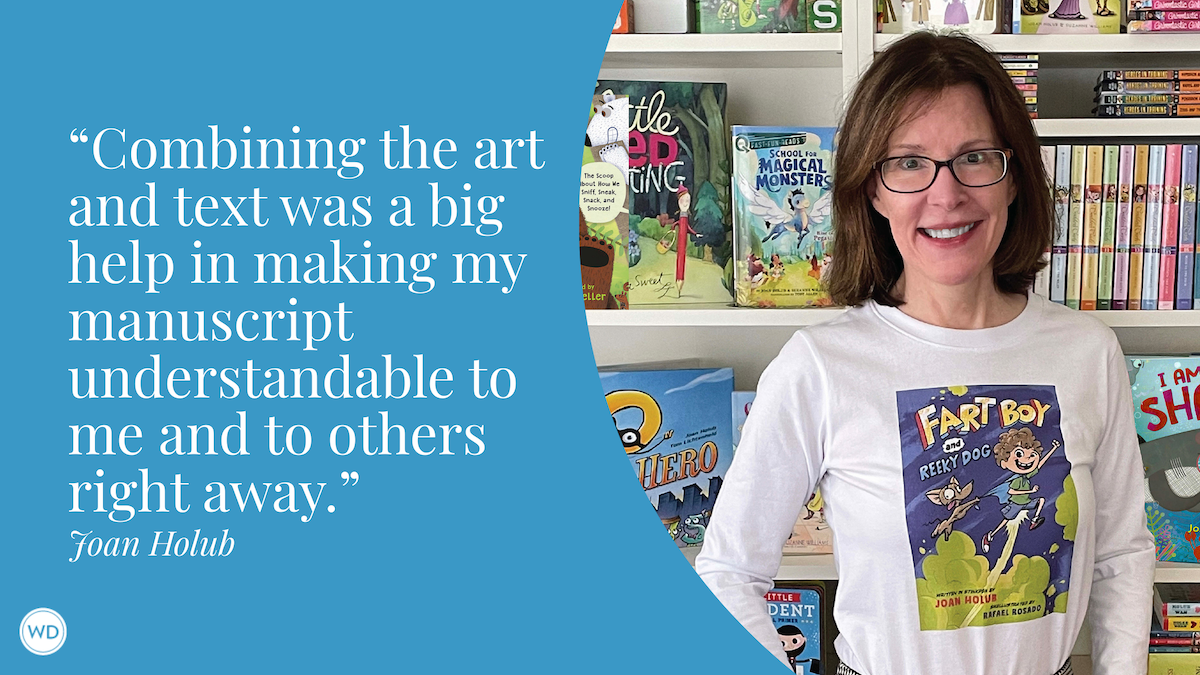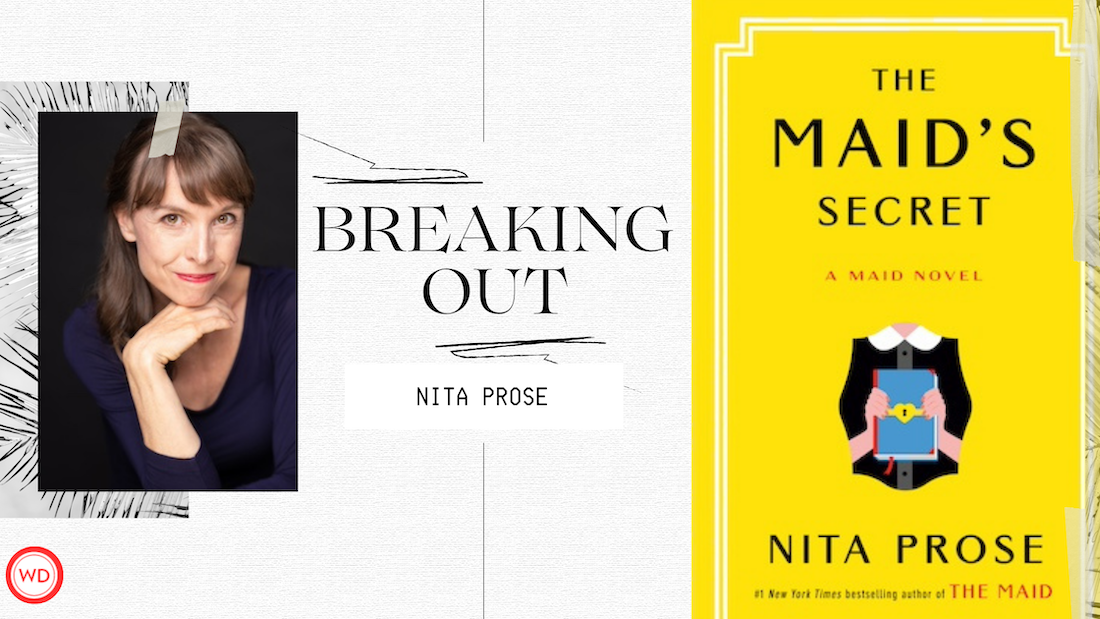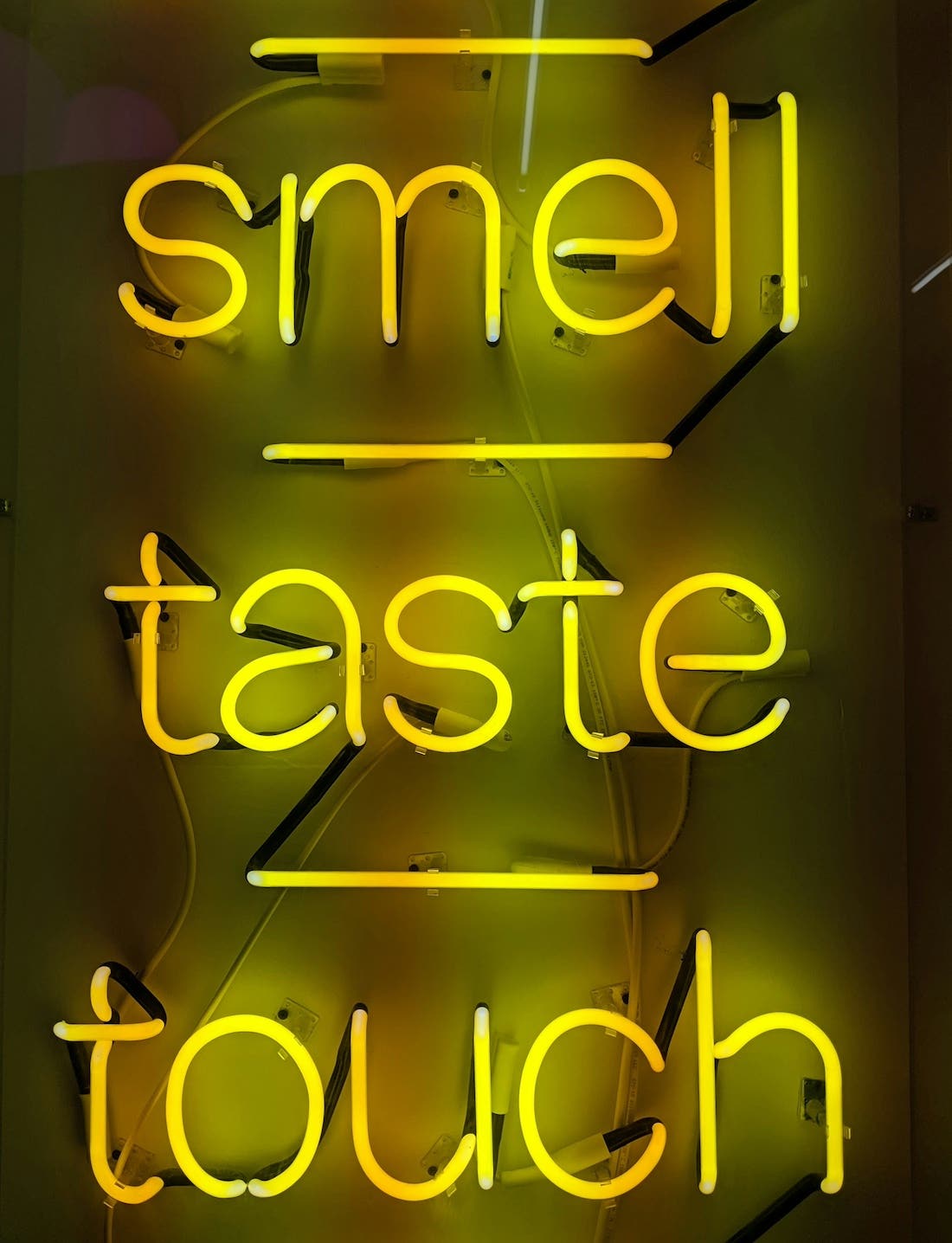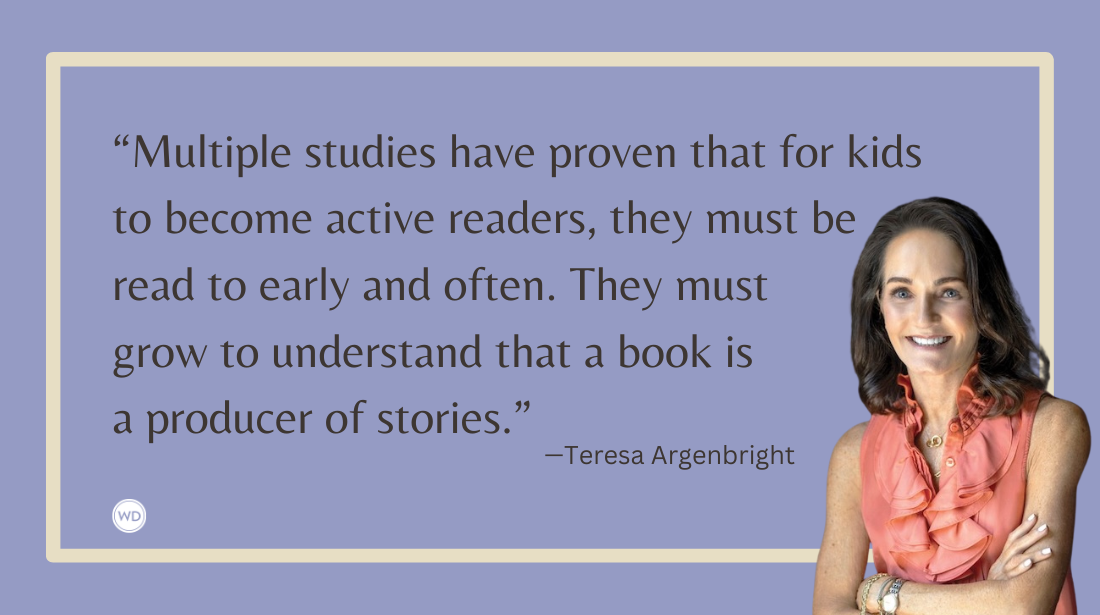The WD Interview: Ian McEwan
The Booker Prize-winning novelist on separating author from character, how short stories help writers, and the reflective nature of his new novel, Lessons.
This interview first appeared in the November/December 2022 issue of Writer's Digest.
When Ian McEwan began writing his new novel, Lessons, in late 2019, he told his wife, novelist Annalena McAfee, that after a year of traveling he would prefer to spend 2020 at home writing. “Really, you’ve got to watch out what you ask for,” he said when he spoke to WD in July, in advance of the book’s publication. Holed up with part of his family during the first COVID-19 lockdown in England, he knew he wanted to “write a fairly long novel and just sort of live inside it.” Because the conditions were “horribly ideal, given that so many other people were suffering,” he was able to immerse himself in the book, writing “seven days a week, sometimes 12, 14 hours a day. It was kind of writerly bliss.”
The result is a novel that follows Roland Baines through the seven decades of his life, frequently jumping back and forth in time as he reflects on how the decisions he made—and the decisions that were made for him—intersected with major world events and completely altered his life’s trajectory. Lessons opens with Roland remembering his first childhood piano lesson with Miriam Cornell while simultaneously coming to terms with the fact that his wife, Alissa, has left him and their infant son in the middle of the night to become a novelist, setting in motion years of uncertainty and regret.
This isn’t the first of McEwan’s novels to include a writer as a character, allowing him to interrogate the relationship between reader, author, and character (see: his internationally bestselling 2001 novel Atonement, and 2012’s Sweet Tooth), but it’s also not his first novel to consider deeply complex human experiences. Amsterdam, for which McEwan won the 1998 Booker Prize, attempts to understand the ethics of art, privacy, and euthanasia. Likewise, 2014’s The Children Act wades into the tenuous relationship between religious beliefs, the well-being of children, and the role of the state.
Unlike McEwan’s other books, which each focus on one of those main themes usually during a specific period in a character’s life, Lessons pulls together many of those larger topics as Roland encounters them throughout the entirety of his life. Readers get to see how he changes as the world changes around him. This approach also allowed McEwan to consider a recent topic of interest to him: that of chance. “Who we are, what we are hangs on so much randomness,” McEwan said. We began our conversation by exploring that idea further.
Lessons touches on topics that you’ve explored individually in other books, like global warming with Solar, obsession in Enduring Love, and sexual awakening in On Chesil Beach, and I was curious what interested you in looking at those things through the lens of one man’s life?
I suppose it does pull together certain other themes, but I’ve found that among my contemporaries, not only writers, but just friends who are roughly my age, my 70s, the lockdown created an ideal environment for looking back—the backward glance or the backward studious contemplation became very strong. I noticed that when I talked to friends, there was a lot of thinking back to early adulthood and childhood and reflection on how one got to where one is in life. The incredible nature of chance that plays in our lives and something that’s not really in the rest of my novels, of really wanting to look at how certain key moments in one’s early life can redirect one’s existence. Not necessarily break it or shatter it, although that can happen, but send it off in other directions.
That particularly applies when one’s looking at a case here of sexual abuse, that it can cast an extremely long shadow. But it also can affect decisions and the ways in which we can never know what we might have been doing otherwise. There’s no control, as it were, as in a scientific experiment, but always in the imagination, there’s this parallel self of what we might have done had this or that thing happened or not happened. If we said yes, rather than no, or no, rather than yes—that continues to fascinate me.
At a 92nd Street Y event in 2013 I attended, you talked about “the slippery indefinable relationship between the writer and his or her writing,” and you were talking about it in relation to Sweet Tooth, but I think you’re also exploring that in Lessons with Roland’s ex-wife Alissa. She uses pieces of their relationship in her final novel, and he thinks people are going to assume terrible things about him. Her argument is that readers will—or should—know through a couple of fictionalized details that it’s not him. How do you think readers should view the novelist in terms of the world that they create within a novel?
I’m glad you mentioned that, because it’s rather key what Alissa says to Roland in their drunken afternoon when they’ve both reached a certain age, and everything is so many years behind them and she is considered to be Europe’s leading novelist. I sort of gave her my own—she’s dead right from my point of view. She can plunder her own existence as she wishes. She can change it as much as she wants. She can bring as much invention to biography or as much biography to invention as she cares to. And as she points out, you think that this is about you, but the character is six foot three, you’re not. He’s got a scar; you don’t have one. Come on, wake up, learn how to read a novel. [Laughs]
There’s something manifesto-like in Alissa’s rebuttal of Roland, who’s been in a strange position all his life. He resents his wife for leaving him, but at the same time, he loves her writing. He has this ambivalence: He’s always looking for himself in her books and he’s all ready to be outraged, but when he doesn’t find himself there, he’s somewhat offended. He’s being written out! So when he just sees a tiny sliver of reference to him, he needs to be reminded that she was there too. She was in that house in South London. She can do what she likes with it.
I want to push a little bit on that because as I was reading the book, I kept thinking back to your 2001 essay “Mother Tongue” where you were writing about your mother’s life and how the way she spoke impacted you and your writing. Lessons is very clearly labeled a novel, and in your acknowledgments, you say certain of these things definitely did not happen; Miriam did not exist. But there are phrases and experiences pulled verbatim from that essay matching up with your life experiences and your mother’s life. I wondered at what point in writing this novel did you turn to that essay for inspiration?
To tell the truth, I forgot all about it. But the things that prompted [the book] are the things of my life and certain of the things, made me what I am. So I didn’t need to turn to the essay. I only had to turn to my own existence really, my own sets of references. I drew very closely on my childhood in North Africa, for example, and then the complex web of family relations, including the rather heartrending story that we only knew late in life, in my 50s, that my mother gave away a baby on a railway station in 1942. There’s much else that I drew on quite closely, although often changing certain things to fit fictional space and chronology. I played with chronology a fair amount. So this is interwoven with entirely fictional matters.
The three crucial relationships in Roland’s life—with his piano teacher who abuses him; with his first wife, Alissa, who becomes the novelist and abandons him; and with Daphne, the woman who he marries—all entirely fictional creations. So too are many of the other events: I was never a tennis coach, [the] journalism, all kinds of things in Roland’s life. I stayed at school right through, I went to university, all the things Roland didn’t have, I had. Our lives diverged, but all the time, he’s a kind of doppelganger, he’s kind of an alter ego. If I’d been forced out of school at the age of 16 … I might have led a kind of marginal hand-to-mouth existence that Roland does for much of his life.
Thinking about the major events that you included in the book, one of the other things you talked about at the 92nd Y was the distance needed between a major event and a writer writing about it.
That’s very important. I still hold by that, which is really why Roland imagines a book about the 21st century and he simply has a series of questions—no answers, just questions. Will we escape through to the end of the century without an exchange of nuclear weapons?, for example. And that’s why I guess certain events that were very close to me and still are—like Brexit, like the Trump presidency—are [in] there, but they’re not massively analyzed. Even Brexit, which has really changed in a very strong sense—half the country lost, against its will, their European citizenship, and the other half, some of them are beginning to regret their decision—I felt I was really on top of it. I’d written about it a lot in newspapers, I’d had my say in a journalistic manner, but I wasn’t really prepared to deal with it in fiction. Instead, I located it within a fight on a little ancient medieval bridge in the Lake District. So, Roland being pushed backwards into the River Esk, it’s the kind of defeat that I felt. [Laughs]
You were writing this partially during the COVID lockdown, and COVID is still going on. What was your experience writing that part of it while we’re still living it?
Well, I think we’re in a curious position. We know we’re still living it, but we’re pretending we’re not. I’ve seen the figures in the states and with Omicron five especially, I think we’re about to have another colossal wave. It might not lead to the level of hospitalizations and fatalities that Delta did, but it remains a big factor in our lives. And rather like Brexit, opinions on how to deal with it divide culturally, politically, and underpinning it all are our notions of what the role of the state is and what the reach of the state is.
Of all the events in my life, there’s never been one that’s been so totally global in which there was hardly a family or individual on the whole planet who wasn’t somehow deeply touched by it. That, I think, really is the terrain of the novelist. That something should be so critical, so cultural, and yet, so personal is in the lap of what the novel does. But it needs more time. I think it needs more time. So, I hold by what I said in 2013. We need to digest these things. … The story isn’t over, and I think the great pandemic novel will be written in about five or 10 years’ time.
Your approach as a novelist has been to explore those larger global ideas. Do they come to you first by way of intellectual curiosity, or do you create your characters first, then they lead you to the idea and topic best suited to their story?
I find that between novels, I rather enjoy the kind of broadening mental space, and I’m right in it now. I’m not engaged in a new book. I’m reading widely. I’m only driven by my own curiosity. I’m not researching anything, but I’m becoming a slightly different person the way we do day on day. We can hardly chart it ourselves, but one’s interests focus on different things at different times. So, it’s rarely a matter of spelling out themes for myself and then filling them in with characters. It’s much more starting with details.
When I do start a novel, it’s usually almost by accident. I write in a large notebook in longhand. I find a certain kind of freedom. No one will read it. It allows me a kind of field of play. It’s a way of unearthing things slightly below the surface of conscious thought. Then I’ll find that I’ve written a paragraph that intrigues me, that seems like it’s asking me questions. Or it’s a key but I don’t yet have the lock that the key fits. But there’s something pregnant, something ripe about it, and it doesn’t leave me alone.
So, fumbling around in a notebook is often waiting for that feeling to arise. Over the last few months, I’ve been going along like that, every now and then, in this notebook and nothing has engaged. Nothing at all. So I know: just relax. Just wait. It happens.
When it does, for example, in Lessons, I wrote in a rather different kind of prose the very opening of this novel, the first 1,500 words, of a piano lesson, and then of Roland being woken by his baby son, carrying him downstairs, and then resuming the memory of the lesson and of boarding school. I thought, What is the relationship of that to all the things that I’ve been doing? And slowly, it became apparent that actually the lock that fitted this key was a reflection on how global events could impact a life, even of a child like Roland … Similarly, the Cuban Missile Crisis as a sudden sense that if he didn’t lose his sexual innocence, he might die with the rest of the world and never know it and walks into a kind of open trap. It’s, as I say, building with the smallest bits first and everything else must follow as a matter of slow exploration.
Has your approach to revision changed over the course of your career or with each book?
My first drafts are fairly close because I proceed reasonably carefully, but thousands of small changes, sometimes one or two larger changes happen. I guess my second draft here, certain chapters got reversed. I mean their positions I changed. I went on making small changes—and there probably were 5,000 changes—but if someone had read it a month ago [and] was reading it again, they’d probably not notice a thing.
In the last several weeks, certain factual things have been pointed out. It’s very useful having translators around the world. They all have different specialties. I very carelessly said at one point that 51 was a prime number. I didn’t even bother to think about it for a second. And then, one of the translators, they said, “No, it’s not. It’s divisible by 17.” I should have known that. Things like that. But that pleases me because I feel like—well rather like Briony in Atonement when she’s grown up and she’s a novelist. These little corrections, it’s as if you are a kind of forensic crime scene scientist on your hands and knees with a magnifying glass looking for evidence on blades of grass.
If you’re writing a realist novel, you really want to get things right.
Order a copy of Ian McEwan's newest novel, Lessons, today.
[WD uses affiliate links.]
You kind of touched on this when you mentioned Briony, but I’m really interested in the idea of trust between the reader and the writer and characters. It seems that when one starts reading a book, the writer has already made a choice of whether the reader should begin in a place of trusting the narrator and then gradually removing that trust, making them question, or the opposite, they establish from the beginning that the narrator is not to be trusted. I’m wondering do you actively think about that when you start writing a book?
Absolutely. It also involves choosing to narrate it in a first or third person. Here, the voice of this narration, which is third person but highly focused on one character, makes a lot of use of this wonderful technique that’s developed in fiction over the decades, it’s “free and direct style.” The great thing about free and direct style is one’s ability to move very close in and write a character as if in the first person, but coloring the world with that person’s subjective sensations, experiences, thoughts, and so on, and then zooming back. So, you can move between a lordly or godly narrator, implied narrator, and a third-person account that has all the advantages of a first-person narrative.
So, right from the beginning, I think I played around in those opening 1,500 words I was describing earlier with precisely these delicate matters of trust. The implied narrator of Lessons is meant to be entirely trustworthy. You might not trust Roland, but we can trust the voice, the method, the point of view that describes the world he’s moving through and describes his feelings.
You started your writing career with short stories and then moved to novellas and novels. I wondered what short story writing taught you that you have taken into your novel writing?
I found writing short stories was a wonderful way to try out voices and to try out failure. You could spend three or eight weeks writing a terrible short story that you can abandon without feeling. I’ve met kids on MFA programs in American universities who are just dying to write the Great American Novel and it’s going to have 980 pages. And I suggest caution because some of them are only 20 years old and don’t know a great deal about the world and very probably will fail with three or four years of hard work behind them.
Short stories are great for throwing off the influence of others and finding your own core. But maybe most importantly of all, they teach you something about the value of readerly curiosity and how to instill it. I think that modernism, for its wonderful treasures, rather abandoned the idea of curiosity as a driver of readerly pursuit. It’s very hard, and very few of us do it once we’ve left college, to read a novel that doesn’t interest you at some level. Something either intellectual, emotional, or everything on the page has got to compel you to stay. The novelist asks a great deal of a reader to spend the next 12, 15, 25 hours of a lifetime pursuing what you’ve put between the covers of a book. …
Finally, it has a close relationship to one of my favorite forms of fiction, which is the novella. And I’ve written four or five of those. My first two novels were really novellas, although I wouldn’t admit it at the time. That’s probably the longest form of fiction in which you can hold the thing in your mind all at once. I mean a writer might be able to hold his or her novel all at once and an academic who’s read the novel two or three times can do it. Most novels only get read once. Human memory is very poor. We remember maybe a couple of scenes and most saliently whether we liked it or not. Some kind of emotional taste. Rereading it is often the startling discovery of the limits of retention. Whereas a long short story … a novella … we can actually hold it, as it were, all in our hand and contemplate it. I think the relationship between short stories to novellas is very, very close.
So, I’m always encouraging, when people ask me my advice about these things, I say, write a novella, write a short story. Be wild and free and be able to accept failure by your own terms before you commit to spending three or four or five years on something that might fail.
About Amy Jones
Amy Jones is the Editor-in-Chief of Writer’s Digest and was the managing content director for WD Books. She is the editor of the Novel and Short Story Writer's Market and Children's Writer's and Illustrator's Market. Prior to joining the WD team, Amy was the managing editor for North Light Books and IMPACT Books. Like most WD staffers, Amy is a voracious reader and has a particular interest in literary fiction, historical fiction, steamy romance, and page-turning mysteries. When she’s not reading, Amy can be found daydreaming about Italy or volunteering at her local no-kill cat shelter. Find Amy on Twitter @AmyMJones_5.



